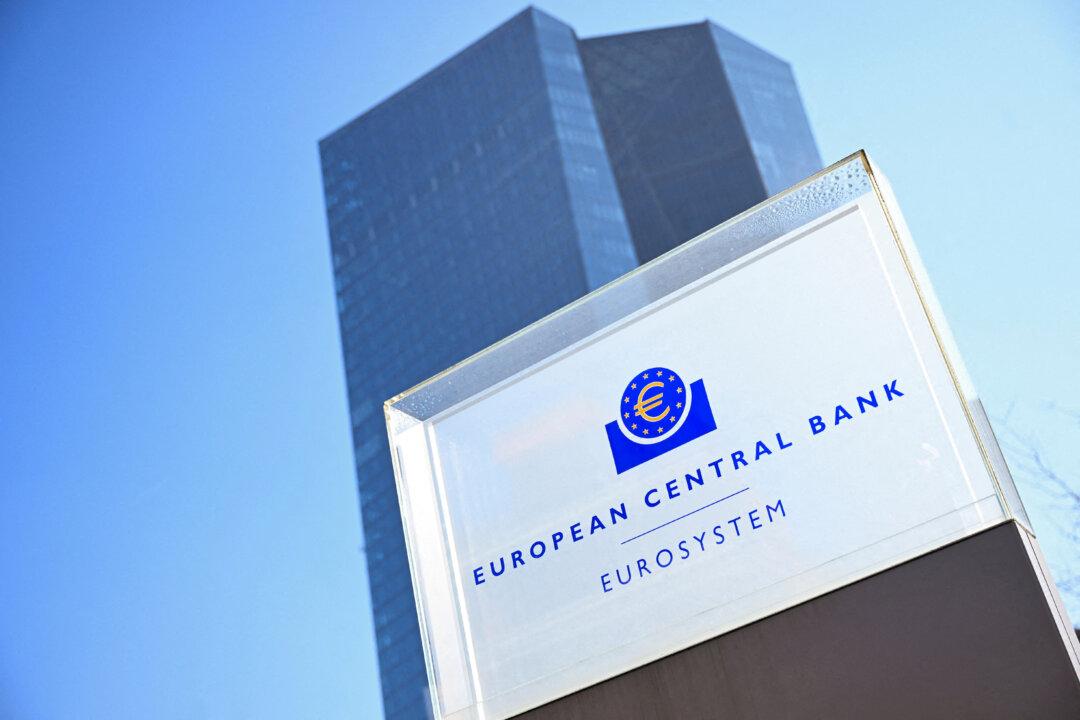European stocks edged up and Wall Street futures pointed to early gains as investors digested the outcome of the election in Germany, with apparent relief that the far-left Linke party failed to secure enough votes to enter Parliament and so boosting the likelihood of a more centrist ruling coalition.
Germany’s blue-chip DAX was up 137.10 points, or 0.88 percent, as of 4:32 a.m. New York time on Sept. 27, while the pan-European STOXX 600 index added 1.26 points, or 0.28 percent, in early trading.





